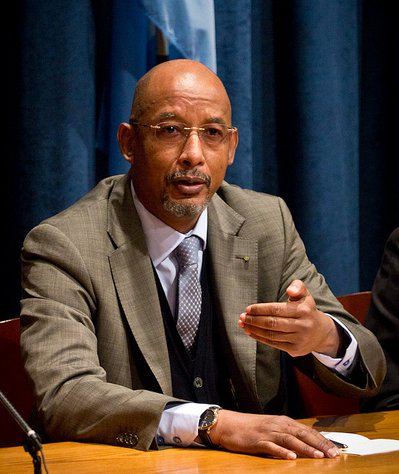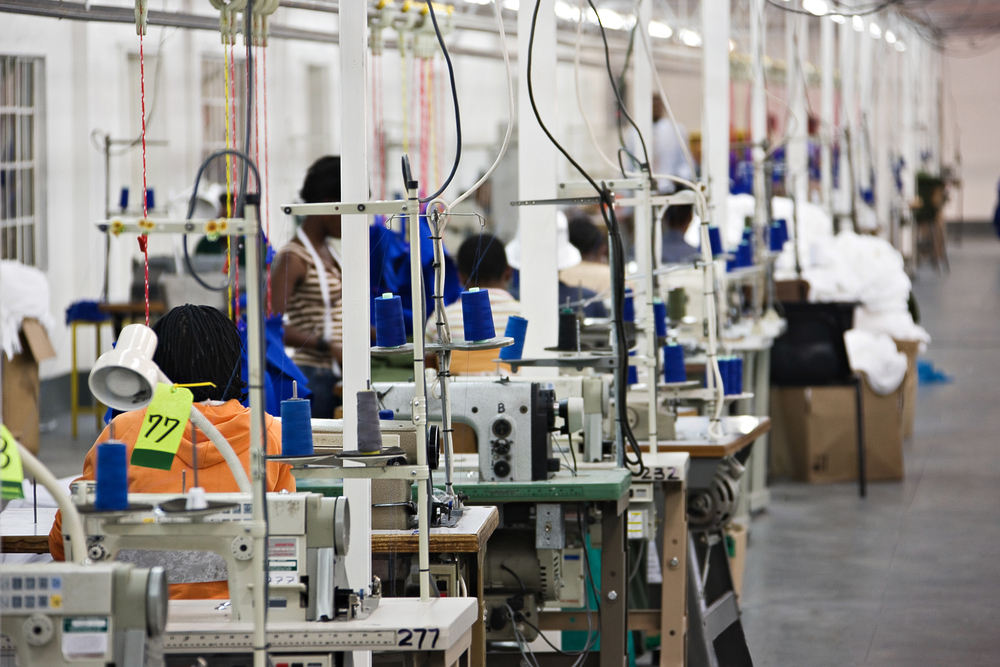
Practical information
Industrialisation in Africa is a necessary and major process to support the continent's economic development. Although Africa will keep its demographic growth running, the industry sector only represents 1 to 3% of the world output, and workers in this sector are said to be 2 to 3 millions on the continent.

Apart from the industrial boom of Africa's leading countries - South Africa, and to a lesser extent, Nigeria - south of the Sahara, the industrialisation process has been recently promoted by the significance of foreign investments, especially Chinese ones. A number of challenges - including regional integration, the development of infrastructures, potential synergies with the agricultural sector - seem essential to the global understanding of how to approach industrialisation in the continent.
Former Niger Prime Minister and Executive secretary of NEPAD Ibrahim Assane Mayaki will shed light on these issues and on local, regional and global initiatives supporting industralisation in Africa.
Related Subjects
Other events

Paris Naval Conference 2026: Naval Rearmament and Operations in Contested Waters
This fourth edition of the Paris Naval Conference (CNP), bringing together high-level military, industrial, and academic speakers, will address the challenges associated with general naval rearmament and naval operations in increasingly contested environments.





